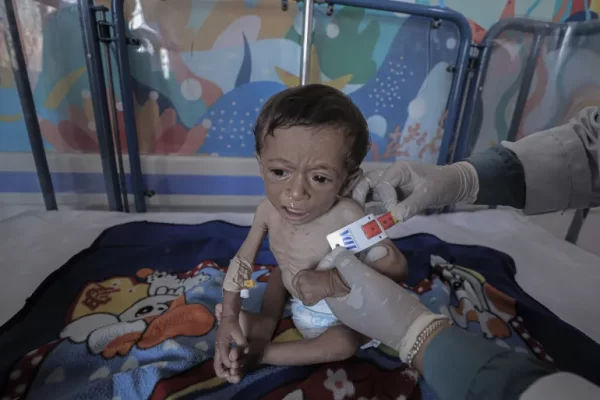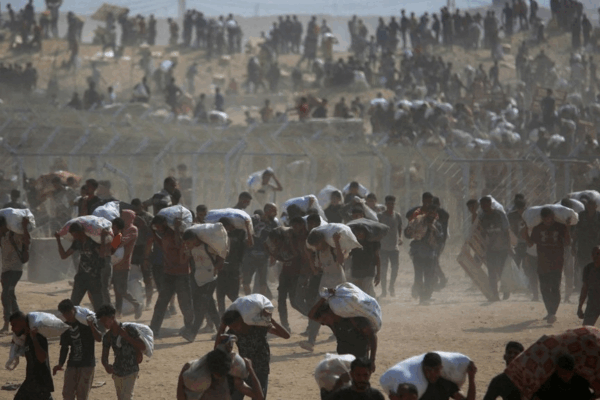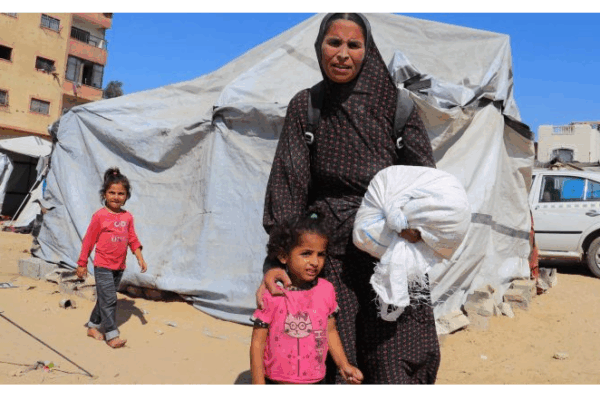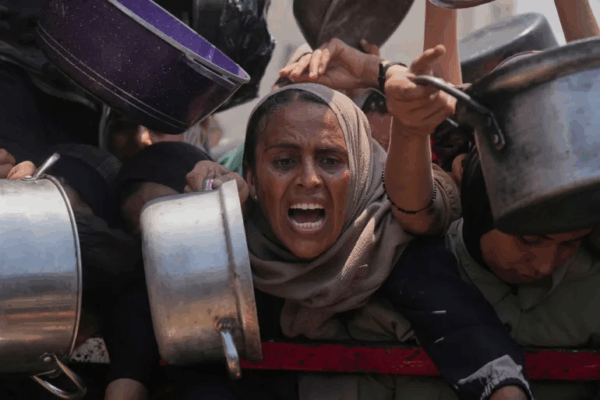
Dutch Foreign Minister Resigns Over Cabinet Deadlock on Israel Sanctions
Dutch Foreign Minister Caspar Veldkamp has resigned after failing to secure cabinet backing for additional sanctions against Israel amid its ongoing military operations in Gaza. Veldkamp, a member of the centre-right New Social Contract party, announced his resignation on Friday, citing the government’s refusal to support what he called “meaningful measures” in response to the worsening humanitarian crisis. “I also see what is happening on the ground in Gaza — the attack on Gaza City, and in the West Bank, the settlement expansion in E1 and East Jerusalem,” Veldkamp told reporters. “I can no longer defend a foreign policy that ignores these realities.” His resignation has triggered broader political fallout, with all New Social Contract ministers and state secretaries stepping down in solidarity, leaving the caretaker government further weakened as it prepares for elections in October. Sanctions Push Met with Resistance Veldkamp had pushed for targeted sanctions, including entry bans for far-right Israeli ministers Bezalel Smotrich and Itamar Ben-Gvir, citing their roles in inciting settler violence. He also revoked three export permits for components used in Israeli naval vessels, warning of “deteriorating conditions” and the risk of misuse. Additionally, Veldkamp advocated for suspending the EU-Israel trade agreement — a move reportedly blocked by Germany. “There was increasing pressure from Dutch lawmakers and the public,” said Al Jazeera’s Step Vaessen, reporting from Berlin. “Many believed the Netherlands should act unilaterally rather than wait for Brussels.” Despite his efforts, Veldkamp said resistance from within the cabinet rendered his position untenable. Netherlands Caught in Broader EU Tensions While the Netherlands has taken limited steps toward sanctioning Israel, it remains a key node in the supply chain of Israel’s F-35 fighter jet programme. Research from the Palestinian Youth Movement shows that F-35 components regularly pass through the port of Rotterdam, operated by Maersk. These aircraft have played a central role in Israel’s aerial campaign in Gaza, which has killed over 62,000 people since October 2023, according to local health authorities. Earlier this week, the Netherlands joined 20 other nations in condemning Israel’s approval of a major West Bank settlement expansion, calling the move “unacceptable and contrary to international law”. No Immediate Successor The Dutch caretaker government, in place since the coalition collapse on 3 June, will remain until a new government is formed post-elections — a process that may take months. No immediate successor to Veldkamp has been named. Veldkamp’s departure comes at a critical moment for the EU, which continues negotiations with the United States over tariffs and faces growing pressure to enforce accountability in the Israel-Gaza conflict. The famine officially declared in Gaza City on Friday by the Integrated Food Security Phase Classification (IPC) has further intensified calls for urgent international action.






